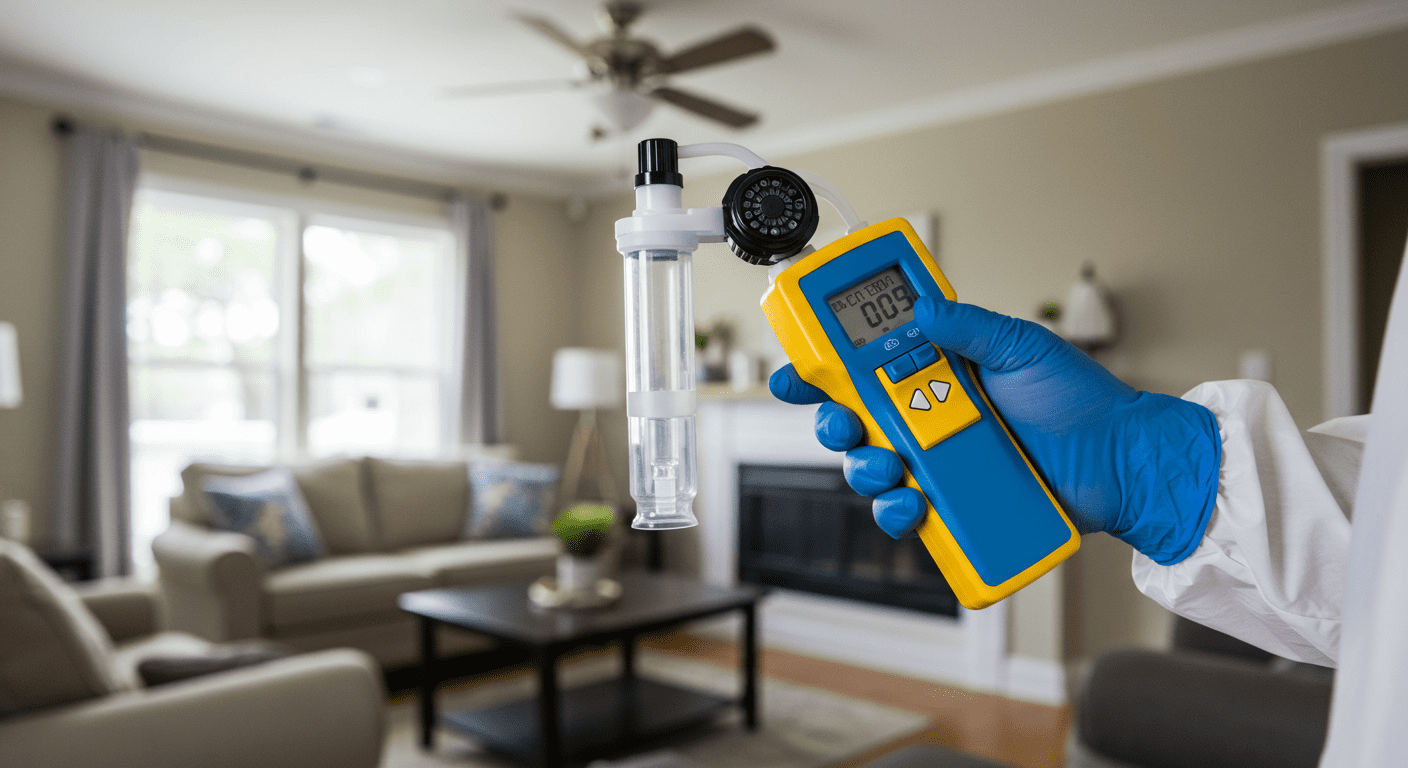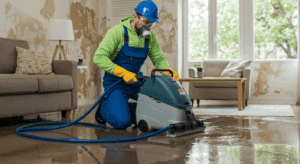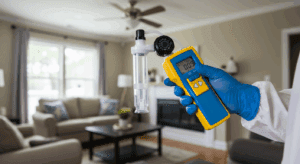Mold spores are an invisible threat that can significantly impact your home and health. In San Antonio, TX, where humidity levels often rise, mold growth is a common issue. Testing for mold spores is essential to ensure a safe living environment and prevent health complications. This guide will walk you through everything you need to know about mold spores, testing methods, and how to choose the right mold testing service in San Antonio.
Understanding Mold Spores
What are Mold Spores?
Mold spores are microscopic particles that mold releases into the air to reproduce. These spores are naturally present in both indoor and outdoor environments. While most mold spores are harmless in small quantities, they can become a problem when they accumulate indoors, especially in damp or poorly ventilated areas. Mold spores can settle on surfaces and grow into colonies, leading to structural damage and health risks.
Common Types of Mold in San Antonio
San Antonio’s humid climate creates the perfect breeding ground for various types of mold. Common molds found in the area include Aspergillus, Cladosporium, and Stachybotrys, also known as black mold. Each type of mold has unique characteristics and health implications. For instance, black mold is notorious for producing mycotoxins that can cause severe respiratory issues. Understanding these mold types is the first step in effective mold management.
Why Testing for Mold Spores is Essential
Health Risks Associated with Mold Exposure
Exposure to mold spores can lead to a range of health issues, particularly for individuals with allergies, asthma, or weakened immune systems. Common symptoms include coughing, sneezing, skin irritation, and respiratory problems. Prolonged exposure to toxic molds like black mold can result in more severe health conditions, such as chronic sinus infections and neurological issues.
Importance of Early Detection
Early detection of mold spores can save you from costly repairs and health complications. Mold testing helps identify the presence and type of mold in your home, allowing for timely remediation. This is especially crucial in San Antonio, where the humid climate accelerates mold growth. Regular testing ensures that mold issues are addressed before they escalate.
Testing Methods for Mold Spores
Air Sampling Techniques
Air sampling is one of the most common methods for detecting mold spores. This technique involves collecting air samples from different areas of your home and analyzing them in a laboratory. Air sampling is particularly effective for identifying airborne mold spores that are not visible to the naked eye. It provides a comprehensive overview of indoor air quality.
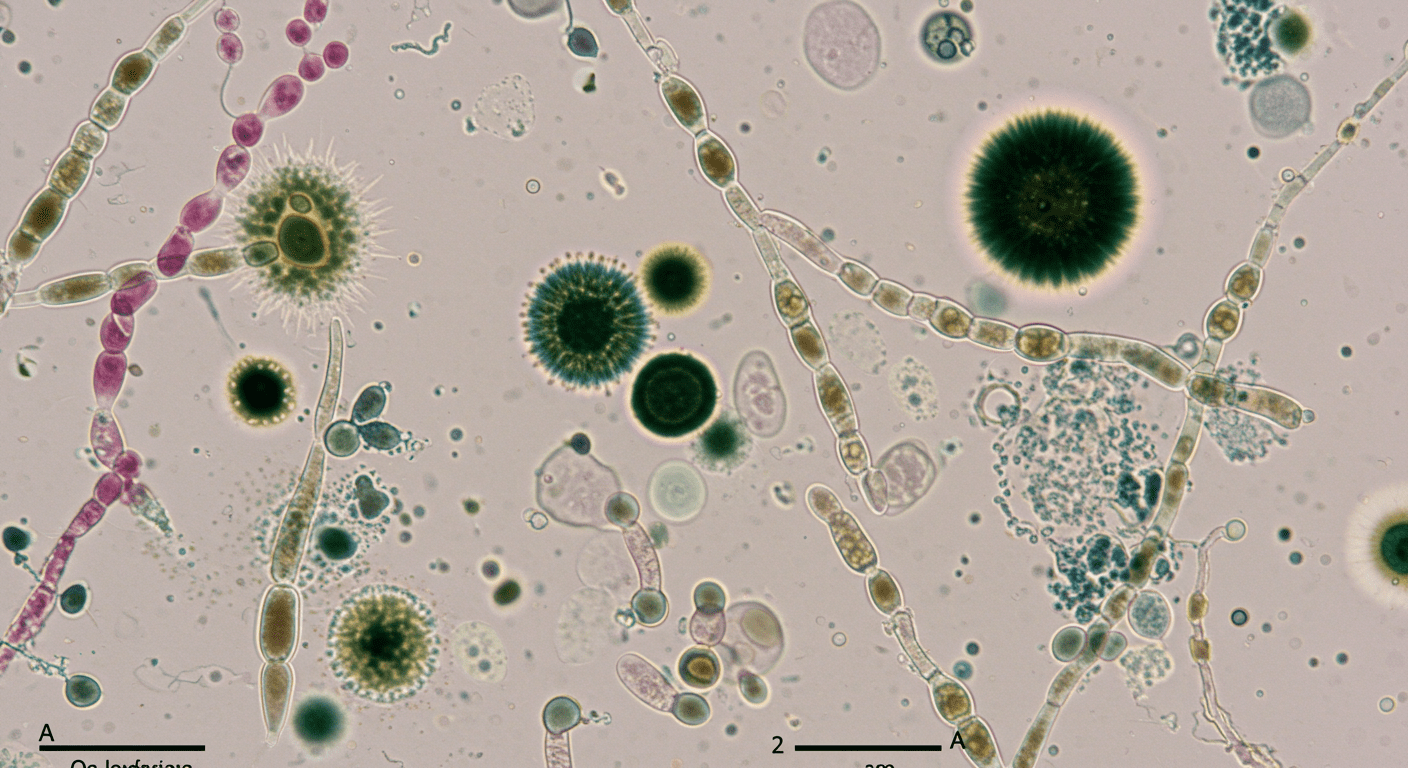
Surface Testing Methods
Surface testing involves taking samples from visible mold growth or suspected areas using swabs or tape. These samples are then analyzed to determine the type of mold present. Surface testing is ideal for identifying localized mold issues and is often used in conjunction with air sampling for a more accurate assessment.
DIY vs. Professional Testing
While DIY mold testing kits are readily available, they often lack the accuracy and reliability of professional testing. Professional mold inspectors use advanced equipment and techniques to provide a detailed analysis of mold presence and type. Hiring a professional is especially recommended for large-scale mold issues or when health risks are a concern.
Choosing the Right Mold Testing Service in San Antonio
Factors to Consider When Selecting a Service
Choosing the right mold testing service is crucial for accurate results. Here are some factors to consider:
- Experience and Certification: Ensure the service provider is certified and has experience in mold testing.
- Reputation: Look for reviews and testimonials from previous clients.
- Equipment and Techniques: Opt for services that use advanced testing methods for precise results.
- Cost: While affordability is important, prioritize quality over cost to ensure reliable testing.
Questions to Ask Your Mold Inspector
Before hiring a mold testing service, ask the following questions:
- What testing methods do you use?
- How long will the testing process take?
- Can you provide a detailed report with recommendations?
- Do you offer remediation services if mold is detected?
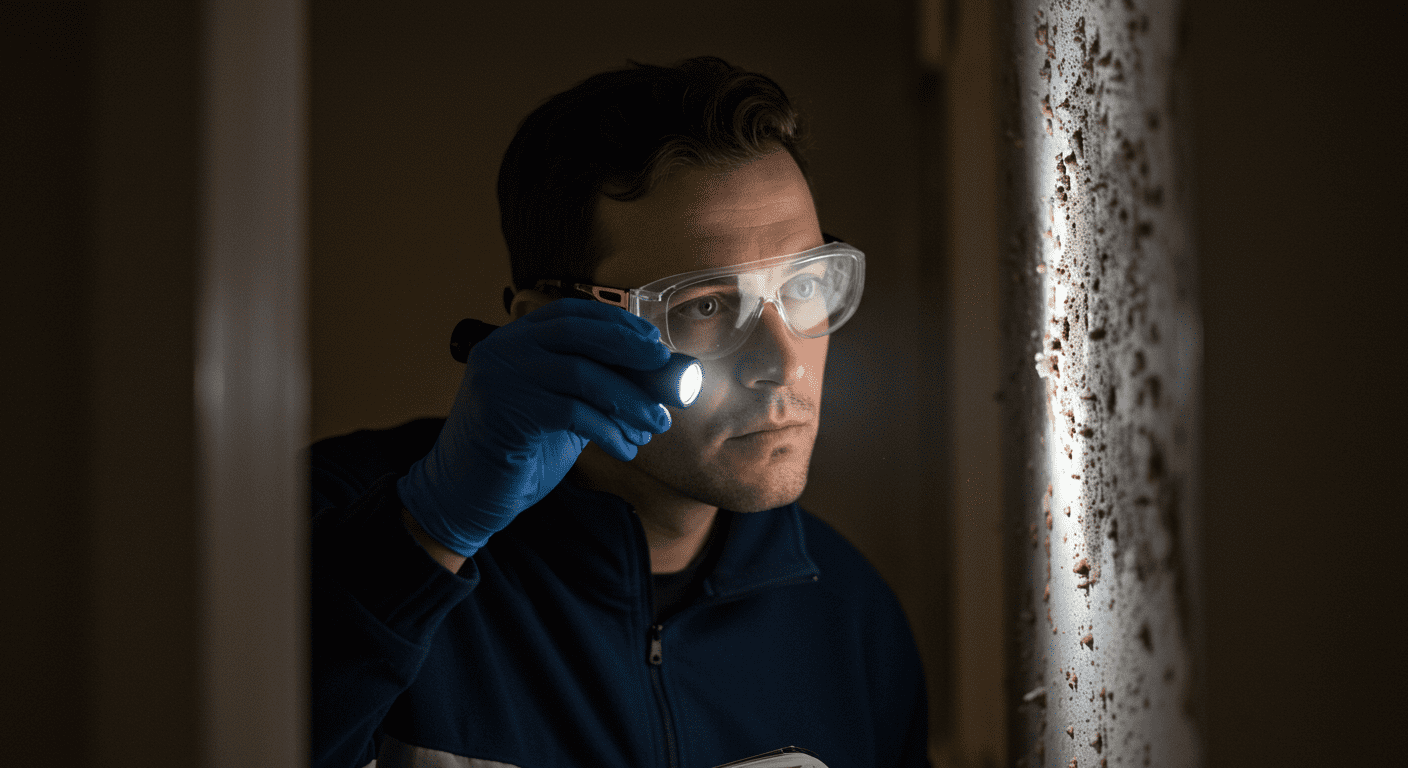
By asking these questions, you can ensure that you’re hiring a competent and reliable service provider.
Conclusion
Testing for mold spores in San Antonio, TX, is not just about maintaining your home; it’s about safeguarding your health. From understanding the types of mold to choosing the right testing methods and services, this guide provides a comprehensive overview to help you take proactive steps against mold issues. Regular testing and early detection are key to creating a safe and healthy living environment.
For more information on mold testing and remediation, check out our Expert Mold Testing and Remediation Services in San Antonio, TX or explore Comprehensive Crawl Space Encapsulation Solutions in San Antonio, TX.

